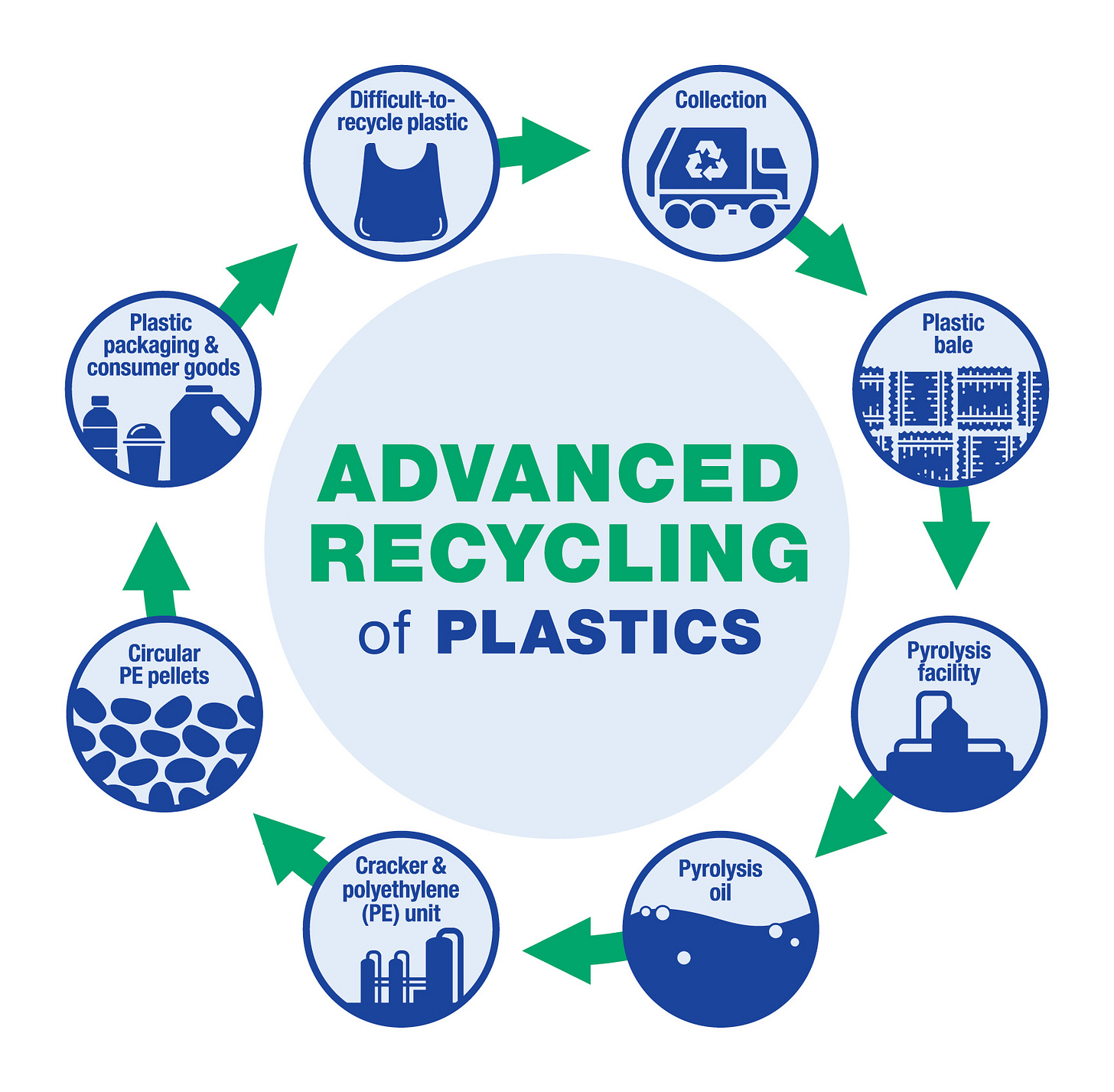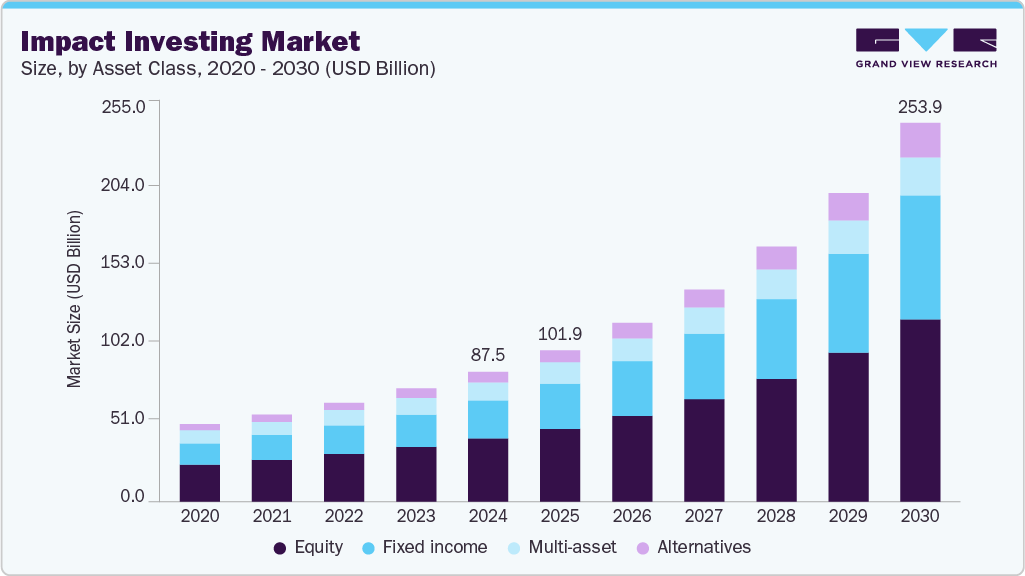Four For Friday | Nov 7, 2025
LF195 | Recycling plastic, impact investing goes Big, hollowing out of the left, China's longevity boom + Google's Pomelli
Welcome to this week’s Four For Friday - nuggets of interesting things I’ve picked up this week, plus my favorite AI tool du jour.
1. Finnally (sic), genuinely recyclable plastic?
We have a plastic problem: less than 10% of it is ever recycled. The rest ends up in landfills or our oceans. A Finnish company called Coolbrook has developed a game-changing technology that could finally crack the code.
Their ‘RotoDynamicReactor’ can take 100% plastic-waste-derived oil and efficiently crack it back into the basic building blocks for new plastics (ethylene and propylene). The process is 100% CO2-free, powered by renewable energy, and an initial assessment shows a 90% reduction in emissions compared to the best available technology.
With the EU mandating 20% recycled plastic in new cars soon, the timing is critical. As the World Economic Forum put it: “Circularity is no longer optional; it’s a regulatory, environmental and economic imperative.”
The So What? This is a true systems-change technology. It doesn’t just manage the waste problem; it can turn a linear, polluting system into a circular, clean one. This creates a world where plastic is no longer a disposable good but a valuable, infinitely recyclable resource.
2. Impact Investing reaching tipping point
For years, impact investing has been seen as a niche, a nice-to-have. That’s over. According to Angela Wiebeck, the new CEO of Impact Europe, 2025 is the year impact investing has gone mainstream. The proof? The biggest providers of impact capital in Europe are now institutional investors like pension funds and insurance companies, who now account for 28% of the €190bn market.
While that’s still only 2.5% of the total addressable market, the shift is undeniable. The conversation is no longer if institutions should invest for impact, but how. The focus is now on scaling with integrity and tackling the big issues: climate adaptation, food scarcity, and affordable housing.
In a related data point, the world’s biggest pension fund (in Japan) has just announced a shift to impact investing. Is now the time?
So what? The mainstreaming of impact investing means that solving the world’s biggest problems is no longer just the work of governments and non-profits; it’s a central concern of the capital markets. Hopefully the engine of capitalism will be activated to fix the world’ problems, not just make them worse.
3. The hollowing out of the Left
Geoff Mulgan - an astute political observer - sees a lack of vision being dangerous for the left, and our democracies, under attack from populists and demagogues. He lists five symptoms of centre-left political ‘hollowing out’:
Tactics over strategy with no long-term vision
Incumbency bias favoring existing winners
Corporate capture through dependency on wealthy donors
Cultural emptiness lacking festivals and joy, and
Low-energy equilibrium that fails to mobilize citizens.
This framework reveals how progressive parties mutated from change agents into stability guardians, creating a dangerous vacuum. Without compelling ideas or citizen engagement, centrist governments risk making the populist right the only viable change option. The antidote: rekindling imagination alongside practical action to give politics direction and energy.
The So What? Longevity and healthspan require long-term thinking and systemic reform. Hollowed-out governments defaulting to short-term crisis management cannot build the infrastructure, preventive systems, or cross-generational policies needed for healthy aging at scale.
4. China’s longevity boom
The NY Times dives into China’s remarkable interest in longevity; a topic that the Chinese leader Xi Jinping was heard (via a hot mic) recently musing with Putin about. Longevity science is a national imperative, with the State channeling billions into research - both real science and stuff that seems like quackery.
Life expectancy has rocketed from 70 in 2000 to 79 years today - the same as the United States (but still 6 years less than Japan’s). There are a host of innovations from cryochambers to new compounds made of grapeseed extract. These fuel both scientific conferences and dubious marketing pitches e.g. for “immortality islands.”
The challenge lies not in ambition but rigor: what succeeds in rodents frequently disappoints in humans.
The So What? As state investment accelerates and entrepreneurs proliferate, China faces the tension between building a longevity economy, and building academic rigor.
Bonus AI Tip of the Week: Pomelli
Google’s ever innovative Labs group (the one that brought us Notebook LM among other things) has cooked up a new tool. It helps create new brand content - just point your website at it and it spins up social media ready, and brand-aligned, messaging and content ideas
That’s all for now - happy weekend everyone.
- Stephen




